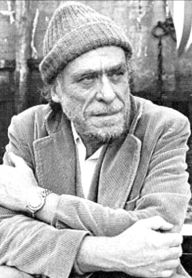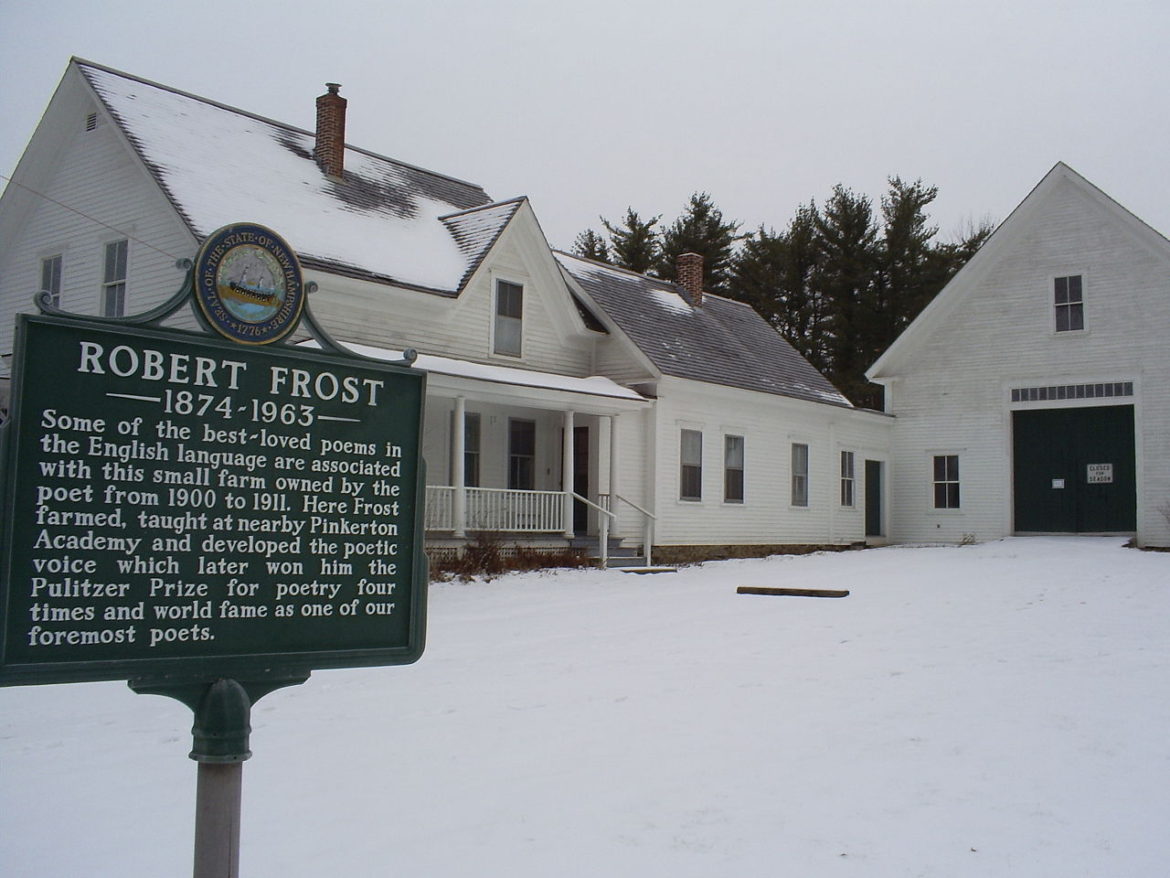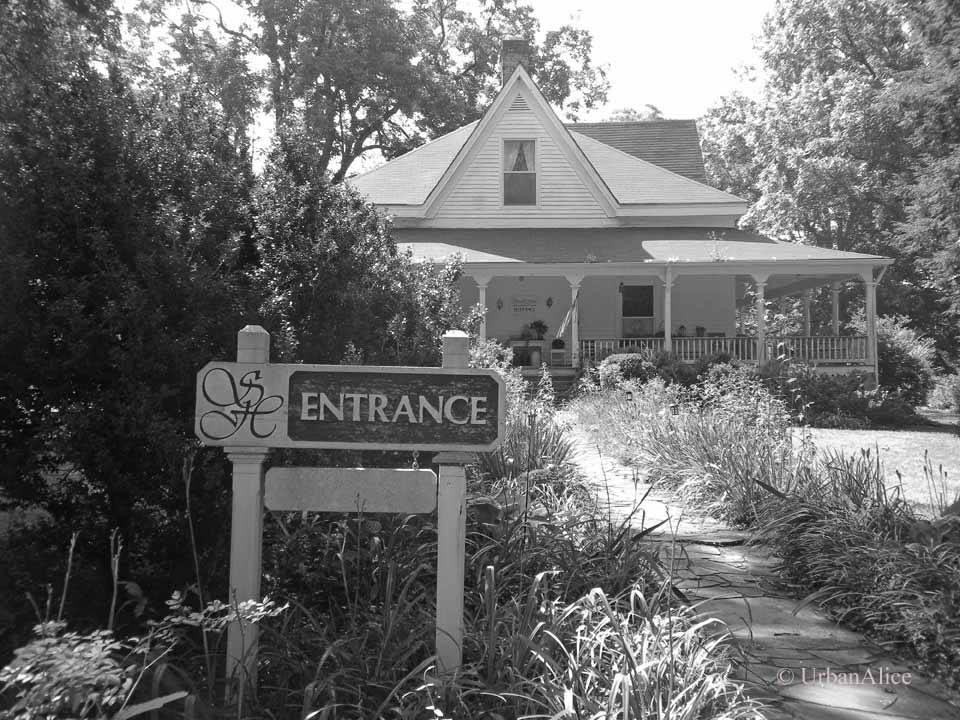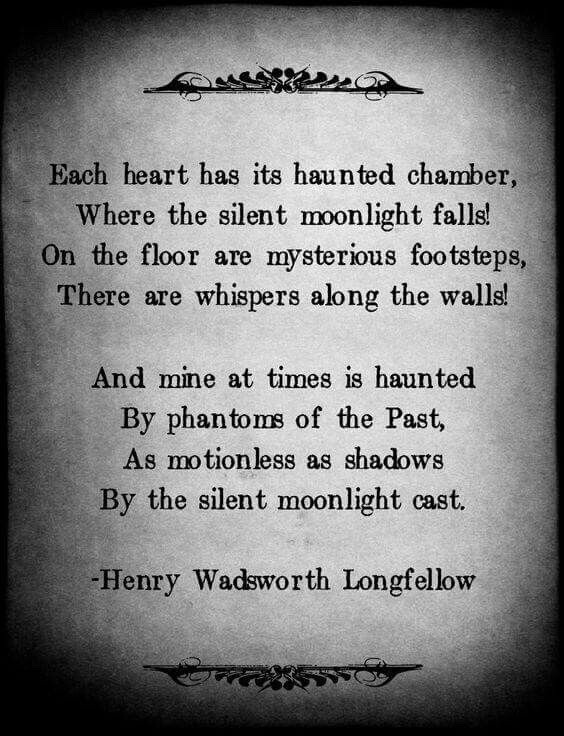The Night of the Hunter is a 1955 black and white classic that wasn’t as lauded when it originally debuted. The premise is a tough one today let alone in 1955. Based on the novel written by Davis Grubbs, it tells the story of an itinerant preacher, the Reverend Harry Powell, turned serial killer who tries to charm a widow out of $10,000 left to her by her executed husband. Her husband robbed a bank, hid the money, told the secret location to his children, and was later hanged for his crime. He shared a jail cell with Powell who gets released and then pursues his prey, mainly the children. The “preacher” is based on a real-life serial killer by the name of Harry Powers who in reality committed far more heinous crimes. Executed in 1932, he was one of the first men in U.S. history to truly be labeled…
I’ve discovered the work of Charles Bukowsi in the last few years. I’m learning he was controversial and considered offensive by some. I haven’t delved that deeply yet to find what all of the critics see, but I really like his quotes and the poems I have read. Not ashamed to say I first heard of him through the movie Beautiful Creatures. One of the main characters wants to be a writer and is fascinated by his work. The name Bukowski stuck in my head. In 1986 Time called Bukowski a “laureate of American lowlife”. Source: PoemHunter.com Regarding Bukowski’s enduring popular appeal, Adam Kirsch of The New Yorker wrote, “the secret of Bukowski’s appeal. . . [is that] he combines the confessional poet’s promise of intimacy with the larger-than-life aplomb of a pulp-fiction hero.” Source: PoemHunter.com I discovered this poem this morning and had to post it. “So you want…
One of my favorite poets is Emily Dickinson. She was born on December 10, 1830, in Amherst Massachusetts. She wrote 1,800 poems in her lifetime that we know of for certain. I vividly remember sitting in class as a junior in high school and having to analyze her poem “Because I Could Not Stop for Death” and it made a lasting impact on me. For a woman who lived in only one place, and had little outside social discourse later in life, she had an extraordinary grasp on the natural and spiritual worlds. We can only piece together what we’ve found for certain to know what her life was like. A fascinating character who lived and died within the 19th century and whose poetry made intangible things into the tangible. Who was influenced by Wordsworth and Emerson yet wrote in her own unique voice. Photo Credit: Britannica.com Because I could…
Storiarts scrolled across our feed one day and caught our interest. Their photographs display works of literature turned into everyday items. As avid book readers, this is a win-win! Big fans of wearing what we like as shirts. and can you imagine quotes from Jane Austen, Poe, Alice in Wonderland, Mary Shelley, Sir Arthur Conan Doyle, Maya Angelou? One of the main things that also impressed us about the company is their devotion to literature. They work with an organization – LitWorld – to spread the love of reading and writing to children. Part of every purchase is donated to LitWorld. “LitWorld is a non-profit organization dedicated to on-the-ground innovative solutions to tackling illiteracy worldwide. Based in 28 countries, LitWorld created three programs that stand today as the organization’s core models: LitClubs, LitCamps, and World Read Aloud Day. Storiarts shares their vision to strengthen children and communities through the power of their own stories…
Robert Frost wrote a poem “Mending Wall” in 1914 as part of an anthology of poems, North of Boston. I recently wrote about a public art organization in Richmond called Mending Walls RVA. Mending Walls’ mission is to bring together artists from different cultures and backgrounds to create murals to inspire healing and connection within communities. I discovered them through their collaboration with the Poe Museum. Their name was inspired by the Frost poem about two neighbors who meet every year in a pastoral setting to repair the wall between their properties. Mending Walls RVA takes inspiration in the narrator of the poem posing the question of what life could be like if we did tear down walls between us. This is a simplified statement of what these words mean to them, and I would encourage you to visit their site to learn more about how they interpret the words…
The Edgar Allan Poe House and Museum in Baltimore is offering live virtual tours. I am a sustaining member of the Edgar Allan Poe Society, and once I saw this in their newsletter, I jumped at the chance to book one! Although I have been to the Richmond museum twice, I have never had the chance to go to the Baltimore, Maryland one. It’s definitely a trip on my list to see where he lived from 1833 – 1835, wrote, and fell in love. You can book a public or private group tour. I cannot wait for mine and hope you support their mission too by reserving your spot today. All proceeds benefit the museum. New! And now expanding to the general public. Pay-what-you-can live virtual tour of the historic Edgar Allan Poe House & Museum. Sign up at VirtualPoeHouseTour2020.eventbrite.com ***All tours offered on a pay-only-what-you-can basis and proceeds benefit…
Frank Lebby Stanton or F. L. Stanton was an American Lyrist born on February 22, 1857 in Atlanta, GA. He was the first professional columnist for the Atlanta Constitution and the first poet laureate for the state of Georgia. Mr. Stanton was often called “the James Whitcomb Riley of the South”; The two writers were close friends who frequently traded poetic ideas. Stanton frequently wrote in the dialect of black southerners and poor whites, although he was an opponent of the less-admirable aspects of the culture in which he lived (such as lynching), and he tended to be compatible in philosophy with the southern progressivism of his employer, the Atlanta Constitution, where he was an editorial writer. (Source: AllPoetry.com) The Graveyard Rabbit In the white moonlight, where the willow waves, He halfway gallops among the graves— A tiny ghost in the gloom and gleam, Content to dwell where the dead…
I DWELL in a lonely house I knowThat vanished many a summer ago,And left no trace but the cellar walls,And a cellar in which the daylight falls,And the purple-stemmed wild raspberries grow. O’er ruined fences the grape-vines shieldThe woods come back to the mowing field;The orchard tree has grown one copseOf new wood and old where the woodpecker chops;The footpath down to the well is healed. I dwell with a strangely aching heartIn that vanished abode there far apartOn that disused and forgotten roadThat has no dust-bath now for the toad.Night comes; the black bats tumble and dart; The whippoorwill is coming to shoutAnd hush and cluck and flutter about:I hear him begin far enough awayFull many a time to say his sayBefore he arrives to say it out. It is under the small, dim, summer star.I know not who these mute folk areWho share the unlit place with me–Those…
Henry Wadsworth Longfellow was a renowned poet and educator of the 19th century. He achieved the highest level of literary success both in the United States and internationally. Longfellow, a Harvard professor, was the son of a Harvard graduate and attorney and the grandson on his maternal side of General Peleg Wadsworth (American Revolution). The most famous of his works are: The Landlord’s Tale – Paul RevereListen, my children, and you shall hearOf the midnight ride of Paul Revere… Evangeline: A Tale of Acadie A Psalm of Life The Song of Hiawatha Interestingly, Edgar Allan Poe was a big critic of his work in what became known as the “Little Longfellow War” in 1845. I’ll post a copy of an article detailing it from the Poe Museum soon. I started this post because I found this Longfellow poem and really liked it. Hope you enjoy reading it. Each heart has its haunted chamber, Where the silent moonlight falls!On the floor are mysterious footsteps, There are whispers along the walls! And mine at times is haunted By phantoms of the PastAs motionless as shadows By the silent moonlight cast. A form sits by the window, That is not seen by day,For as soon as the dawn approaches It vanishes away. It sits there in the moonlight Itself as pale and still,And points with its airy finger Across the window-sill. Without before the window, There stands a gloomy pine,Whose boughs wave upward and downward As wave these thoughts of mine. And underneath its branches Is the grave of a little child,Who died upon life’s threshold, And never wept nor smiled. What are ye, O pallid phantoms! That haunt my troubled brain?That vanish when day approaches, And at night return again? What are ye, O pallid phantoms! But the statues without breath,That stand on the bridge overarching The silent river of death? Henry Wadsworth…
Auguries of Innocence by William Blake written perhaps in 1803 but not published until 1863. He died in 1827. Augur means to be a sign of especially good or bad things in the future. The Doors quoted him in their 1965 recording of “End of the Night”. To see a World in a Grain of SandAnd a Heaven in a Wild FlowerHold Infinity in the palm of your handAnd Eternity in an hourA Robin Red breast in a CagePuts all Heaven in a RageA Dove house filld with Doves & PigeonsShudders Hell thr’ all its regionsA dog starvd at his Masters GatePredicts the ruin of the State A Horse misusd upon the RoadCalls to Heaven for Human blood Each outcry of the hunted HareA fibre from the Brain does tear A Skylark wounded in the wing A Cherubim does cease to sing The Game Cock clipd & armd for fightDoes the Rising Sun affright Every Wolfs & Lions…





